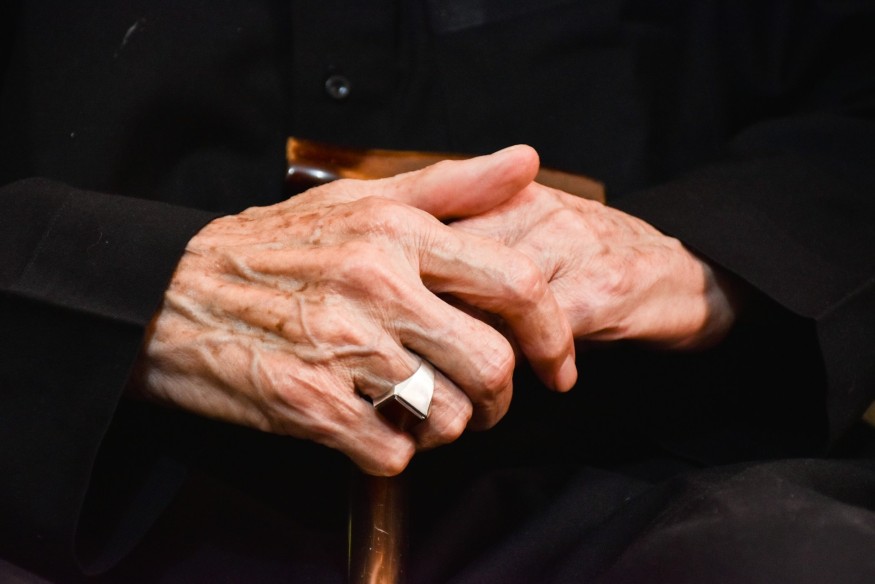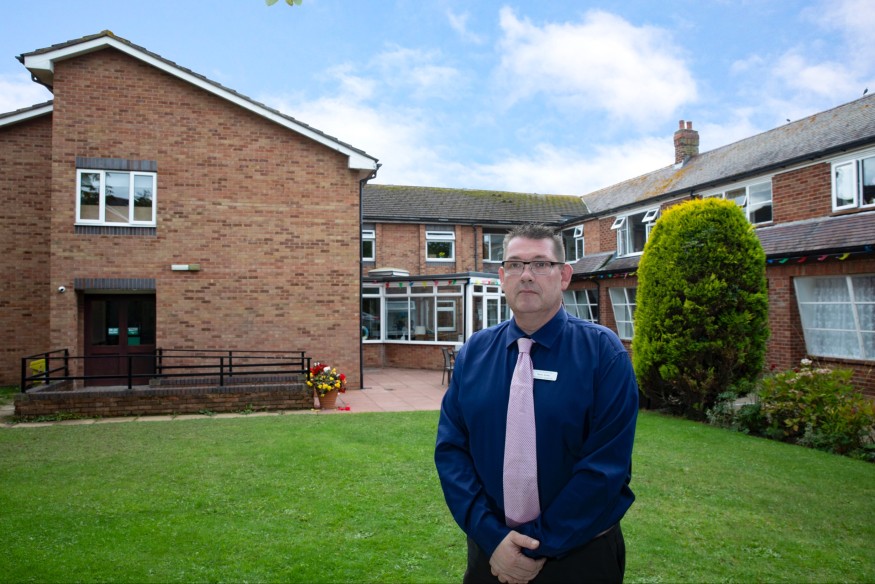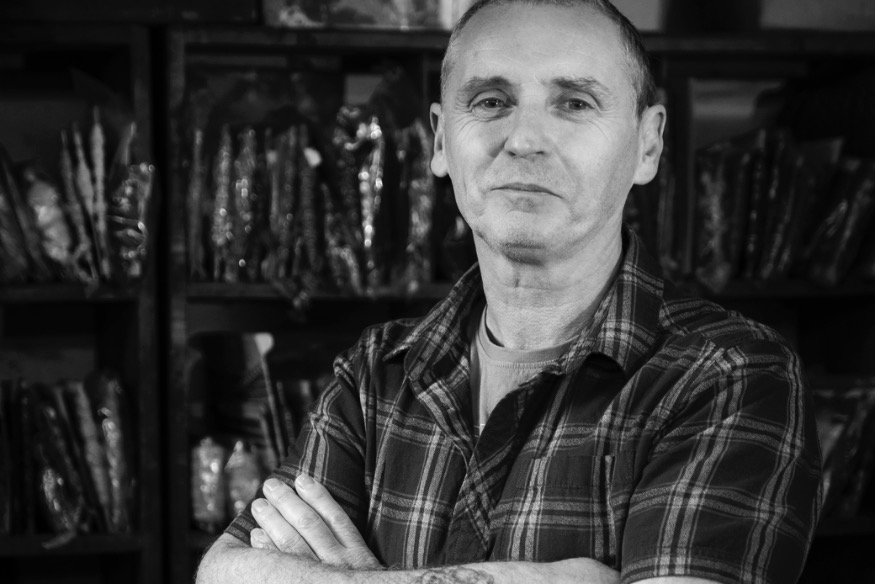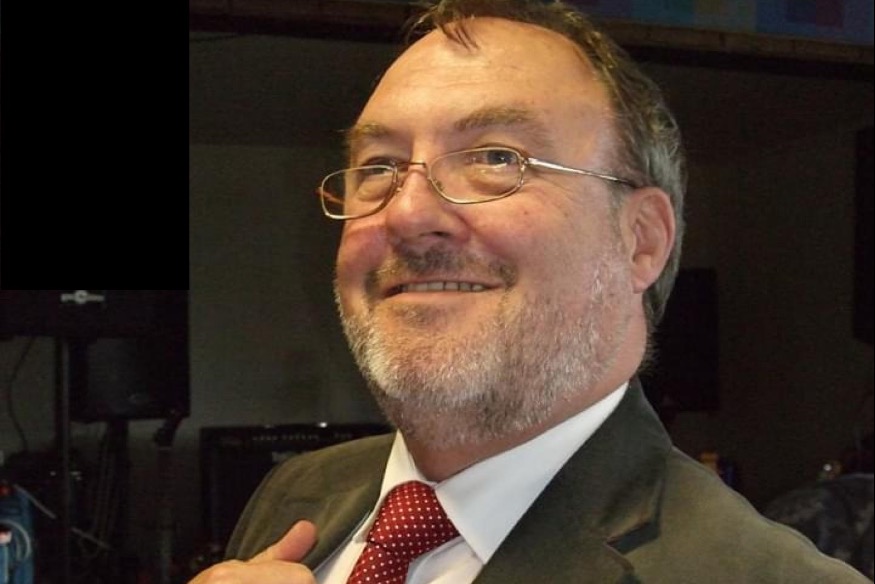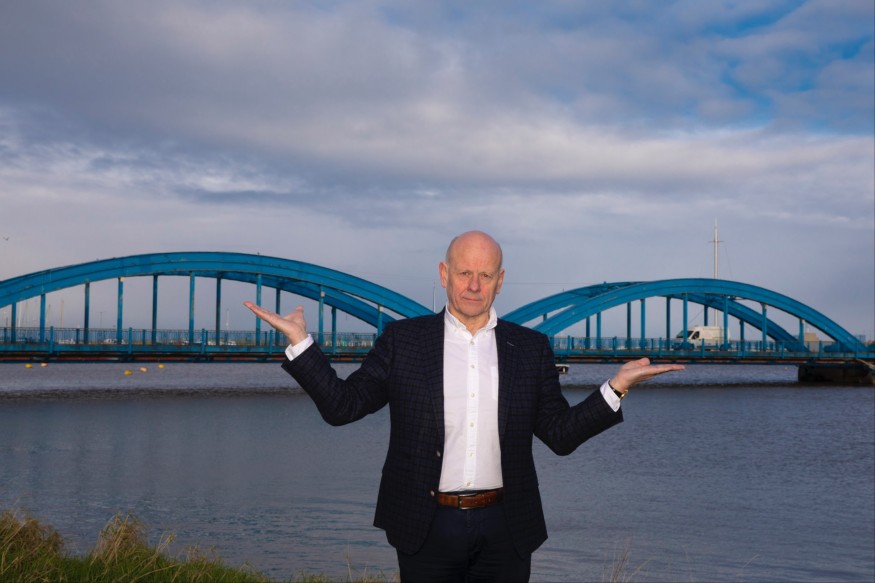
January 17, 2024 - 1660 views
Conwy Council has announced inflation-busting plans to increase fees by up to 20% after warnings that care homes were at risk of financial meltdown and closure.
The proposed rises in Conwy for 2024/25 follow a long-running campaign by social care champions Care Forum Wales (CFW) for the introduction of fair fees which reflect the “actual cost” of providing care for vulnerable people in privately run homes, including those with dementia.
But across the famous Foryd Bridge, which links Kinmel Bay and Rhyl, Denbighshire County Council is budgeting on much smaller increases of around 8% on rock bottom fees which, CFW says, will be immediately wiped out by inflation and the cost of living crisis.
The vastly differing rates mean that Denbighshire will be paying £9,224 a year less per person than Conwy towards the cost of giving exactly the same level of nursing care to residents.
In a 40-bed care home that equates to a disparity of nearly £370,000 a year which could, say CFW, mean the difference between staying open and being forced to close for cash-strapped care homes.
The warning comes after at least four homes in North Wales - Trewythen Hall in Gresford, Bay Court in Kinmel Bay, Gwastad Hall in Cefn y Bedd and Morfa Newydd in Greenfield - were forced shut their doors and find new places for their residents over the past 18 months, with the combined loss of 163 much-needed beds.
The proposed fee increases in Conwy will go before the council’s Finance and Resources Overview and Scrutiny Committee for ratification next Monday (January 22).
According to CFW, they came about because the council commissioned leading healthcare economists Laing & Buisson to analyse the true costs of care providers for the current year.
In doing so they broke away from the North Wales Regional Fees Group – dubbed by CFW as a “fee-fixing cartel” – set up by the region’s six county councils and Betsi Cadwalader University Health Board.
Conwy Council also acted against the backdrop of Conwy getting just a 2% increase in overall funding from the Welsh Government which was the lowest in Wales
Mario Kreft MBE, the Chair of CFW, who was honoured for his contribution to social care, is calling for all the other local authorities in North Wales to follow Conwy’s example.
He said: “Finally we have a North Wales local authority that is using an internationally recognised tool to ensure that and those living and working in care homes can receive the best care, while at the same time, ensuring that the public purse is protected through fair fees that reflect something much closer to the real cost of providing care.
“This is something we have been calling for over many years. All we want is fairness in line with the Welsh Government’s ‘Let’s agree to agree’ guidance.
“We’ve had a generation of injustice and it’s a generation where the institutional prejudice and discrimination against the private care sector in Wales has meant that those living and working in these fantastic community assets have not been valued.
“Sadly, this injustice is being perpetuated in counties like Denbighshire who have been flouting the guidance and betraying elderly, vulnerable people with dementia for many years.
“How can the council’s Chief Executive, Graham Boase, and the Leader, Cllr Jason McLellan, justify paying £9,224 less a year towards the cost of dementia care for a resident in Rhyl compared to Kinmel Bay? In fact, how do they sleep at night with that on their conscience?
“The issue has always been that social care in the independent sector is seen as a cost and not as the real value it is.
“In recent years, even before the pandemic, we’ve seen huge issues around shortages of beds in the NHS.
“The problems we have in social care lead to the pressures in the NHS which lead of course then to extra costs being placed on the NHS which would largely be alleviated if local authorities had a more enlightened approach to social care.
“Politics is about making choices and Conwy Council have shown it’s possible to take a much more sensible, long term view to protect the social care network from collapse.
“While local authorities will rightly point to a challenging financial settlement, the truth is that the money has always been there to pay for social care but the political will has been lacking. If only councillors would prioritise their statutory responsibilities rather than their vanity projects we would be in a different place.
“The fact that Conwy is getting just a 2% increase in funding via the Local Government Settlement – less than half what Cardiff Council is getting - shows they have seen it fit to value vulnerable people, older people who can no longer live independently and those people who care for them as well as the organisations that make it possible.
“If Conwy can do it, the other five local authorities in North Wales can and should do it and of course, the money has always been there. It’s how you politically choose to spend it.
“Meanwhile, the insanity of the situation in Denbighshire persists at a time when the Labour-run Welsh Government is ploughing £11 billion into health and social care.
“At the same time, you have a Labour-run council in Denbighshire who have chosen to arbitrarily, with no apparent methodology, implement a miserly percentage increase and cry poverty while just a short distance over the Foryd Bridge you’ve got Conwy who are looking at this in a completely different light.
“Clearly, the councillors in Conwy really get it and really understand how important these vital services are in our communities.
“What Denbighshire is doing makes no sense at all and the public have an absolute right to be told clearly why local authorities are choosing to disadvantage vulnerable and older people in this way.
“It is simply an outrage. It’s an affront to the families that that bridge spanning the mouth of the River Clwyd can mean such a massive difference for vulnerable people, including those with dementia.
“The families of those people, who will often be expected to make up the difference, need to ask why and quite frankly, it is a bridge too far.
“This is undoubtedly a stealth tax on families and quite frankly, the people making these decisions in those authorities should be utterly ashamed of themselves in the way they are betraying vulnerable people including those with profound dementia and their families.”
